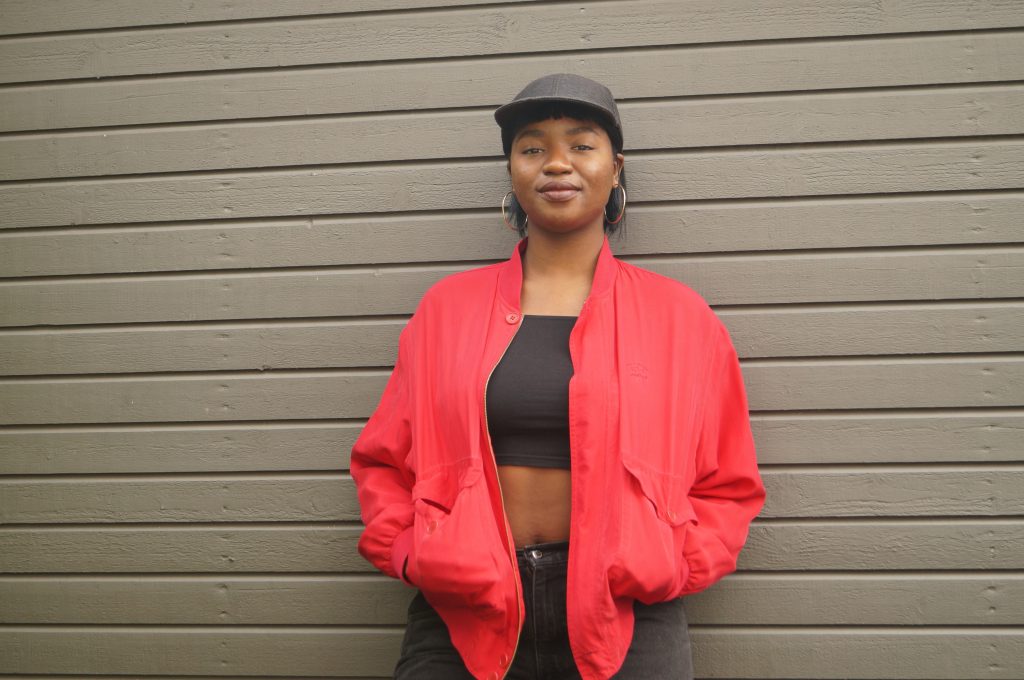
PUSTERVIK | JUNE 8 | 22.00
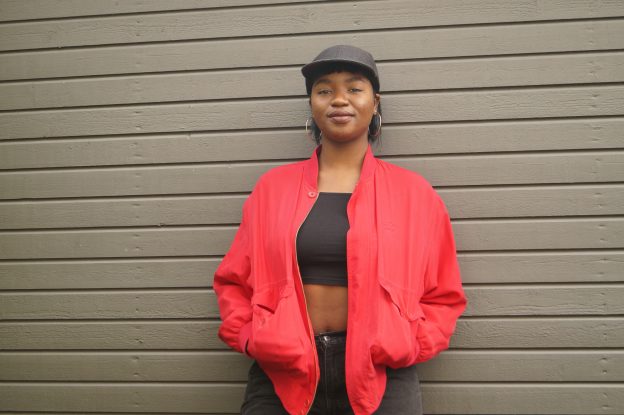

PUSTERVIK | JUNE 8 | 22.00
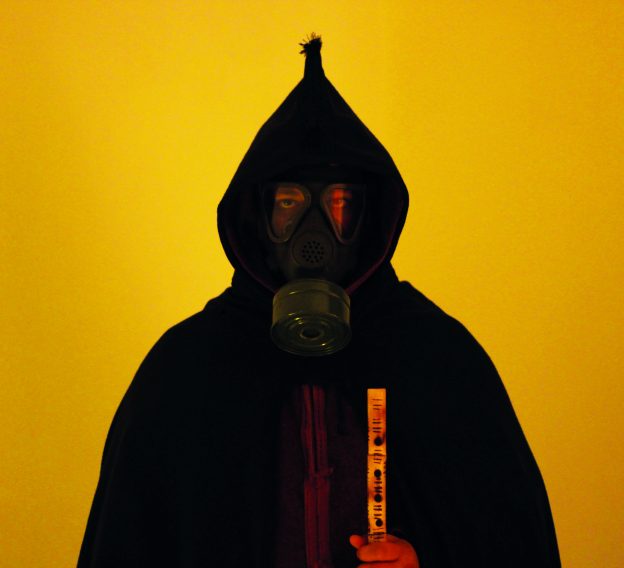
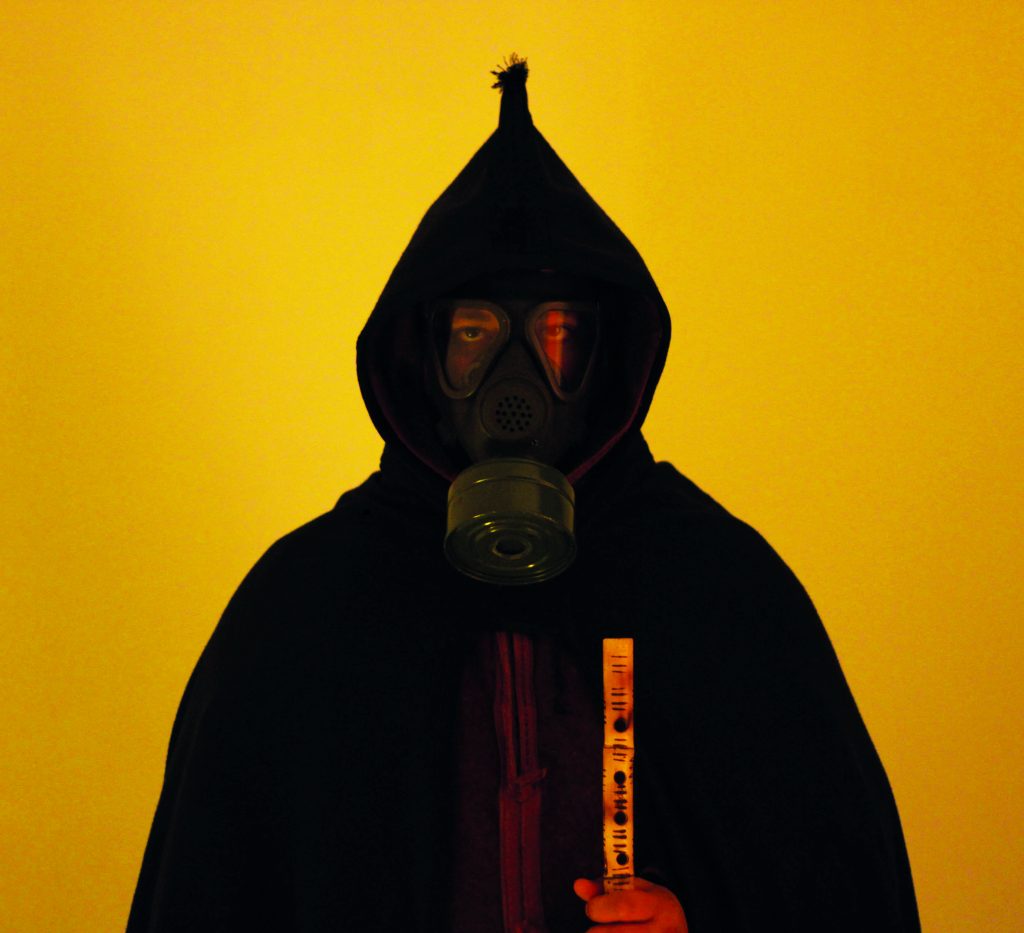
Distorted oud samplings and a beat consisting of hand cymbals, handclaps and a pulsating bass drum. In the background, we can discern a non-lyrical looped choir, dovetailed by a distinctive voice at the forefront, bending notes in an electronic desert blues. AMMAR 808 is the alter ego of Tunisian producer Sofyann Ben Youssef. With the roaring bass of a Roland Tr-808 as his signature feature, he embarks on a new musical journey through North African folk futurism. On the upcoming album he is in good company with three singers: Fellow Tunisian Cheb Hassen Tej, Algerian singer Sofiene Saidi and Morocco’s Mehdi Nassouli. Under the name AMMAR 808 & The Maghreb United, they create mysterious dance music via electrifying traditions and dismantling the illusion of colonial boundaries.
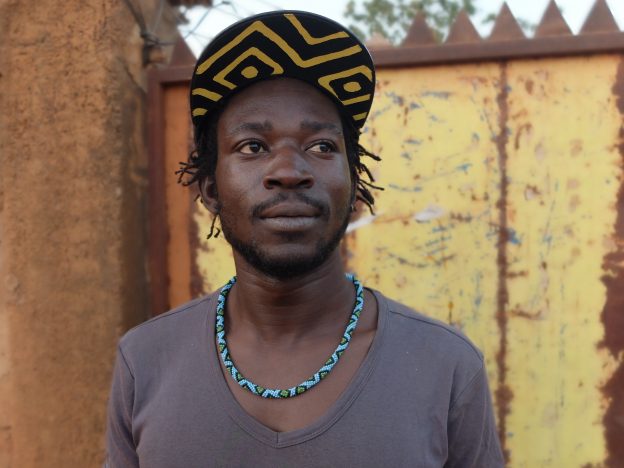
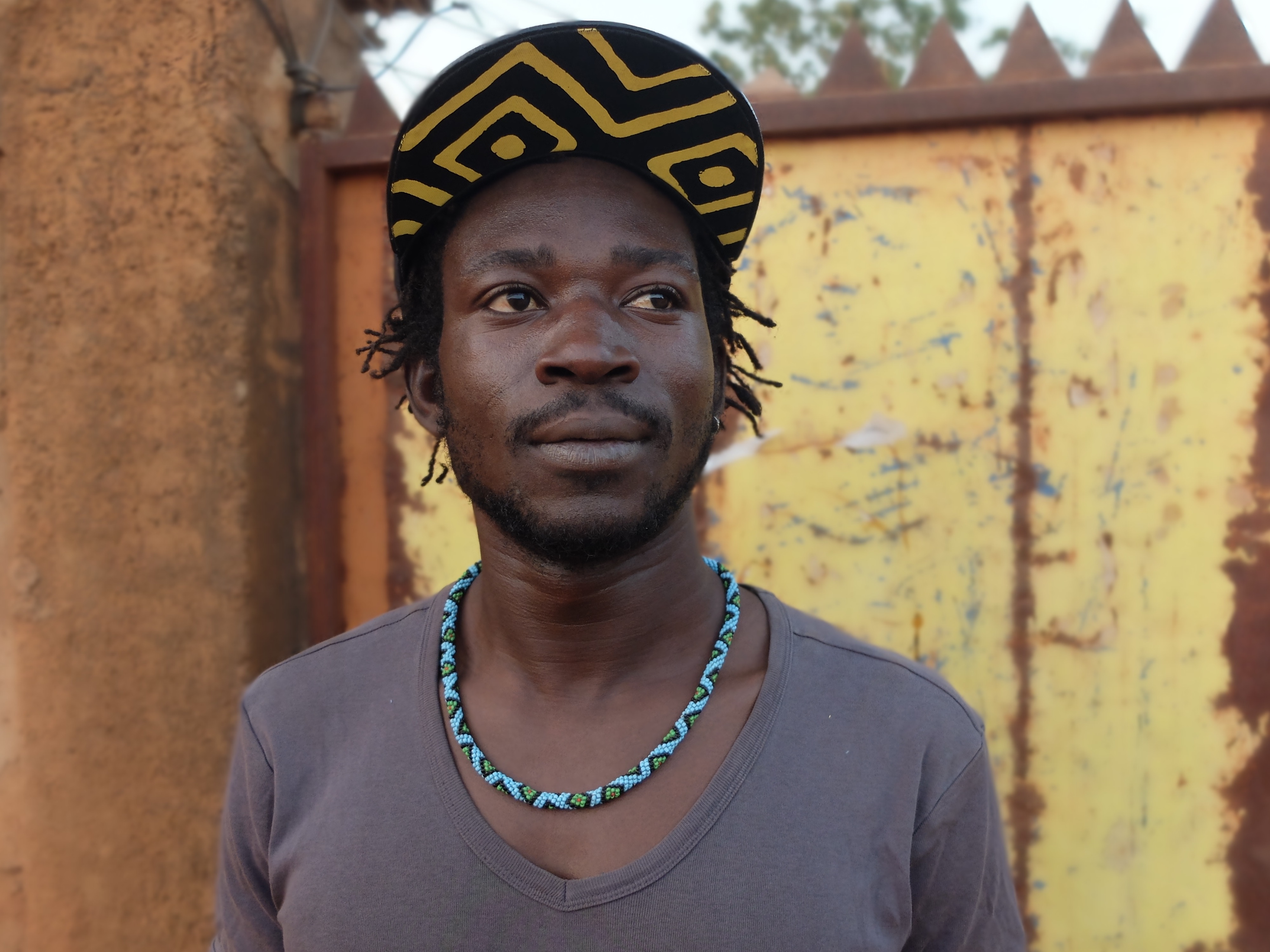
His grandfather was a militant freedom fighter, his father a sharpshooter: Joel Windtoin Sawadogo aka Joey Le Soldat, however, chose words before weapons in his battles. He studied contemporary languages, but the records of Wu Tang Clan, IAM and NTM brought home by his older brother were his true passion. He wrote his rhymes in school notebooks, in mòoré, one of Burkina Faso’s main languages. He started rapping with friends in the streets of Ouagadougou, the city where he still lives. In 2013 he released his album debut and simultaneously founded the group WAGA 3000 with French producer Dj Form and Burkinabe rapper Art Melody. During the same period, Joey Le Soldat became an ambassador for the local battle against the American agricultural giant Monsanto. Since then, he has participated in SVT’s African music series Fonko and released the new album Barka. The tracks pulsate with 90’s hip hop and samples from traditional music, a heavy mix by producers Redrum and – again – DJ Form. Joey Le Soldat’s dark voice raps about young revolutionaries in Jeunesse and about wounds from the colonial history of the homeland in a duet with rapper Anny Kassy. It’s an album that clearly places Joey Le Soldat among Africa’s most exciting hip-hop artists.
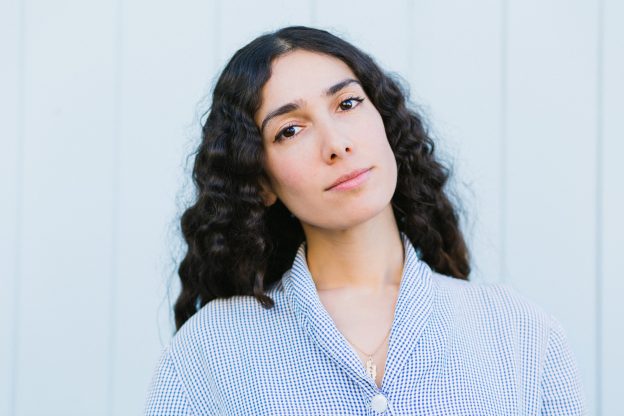
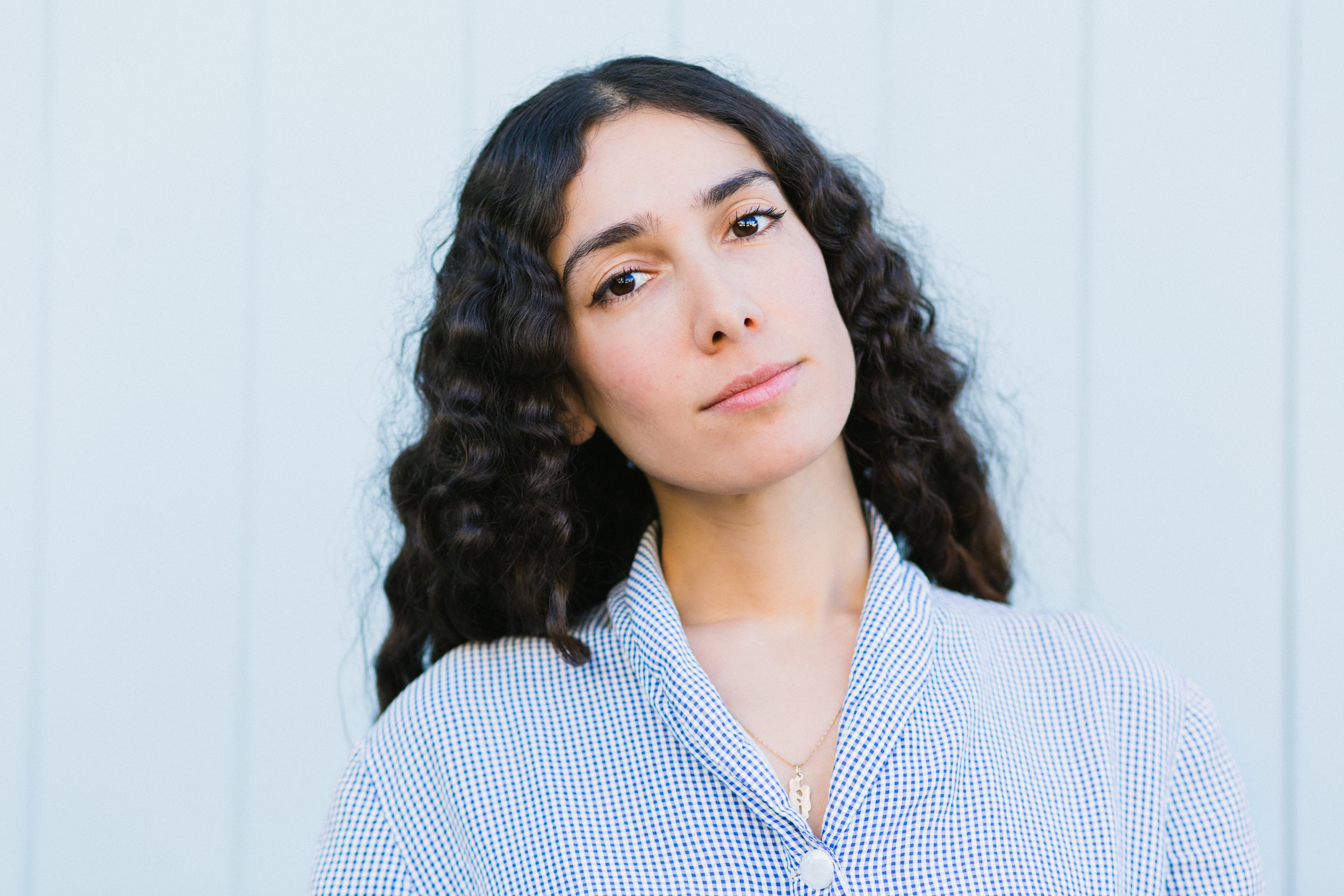
Born in Aleppo, Azniv Korkejian moved to Saudi Arabia as a child before her family won the Green Card lottery and came to the United States. She eventually landed in Los Angeles, where she began to work for television and became part of a community of musicians in the Echo Park district. Gus Seyffert, bassist and producer of Norah Jones, Beck and others, invited her to his studio where she recorded Solitary Daughter in one take. She took the moniker Bedouine to reflect the apparent rootlessness of her life, which is also the main theme in her songs, resonating with American folk tones and with a kinship to Nick Drake and Iron & Wine. It is a big-eyed, pleasantly sad music, with the exception of the much darker track “Summer Cold.” The song is a bitter farewell to the Syria of her childhood, concluding with a sound collage serving as an artificial recreation of the street noise in Aleppo as she remembers it.
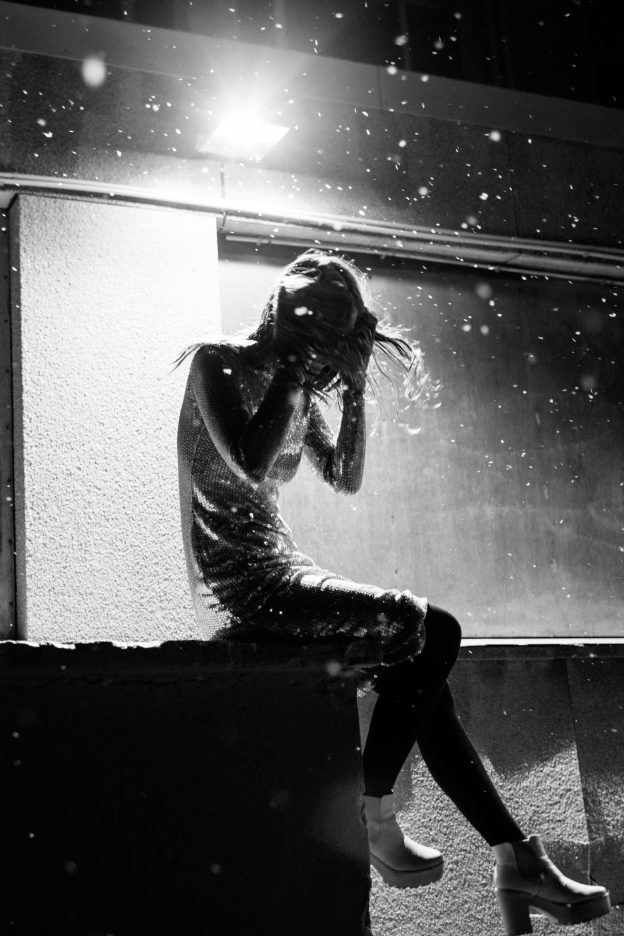
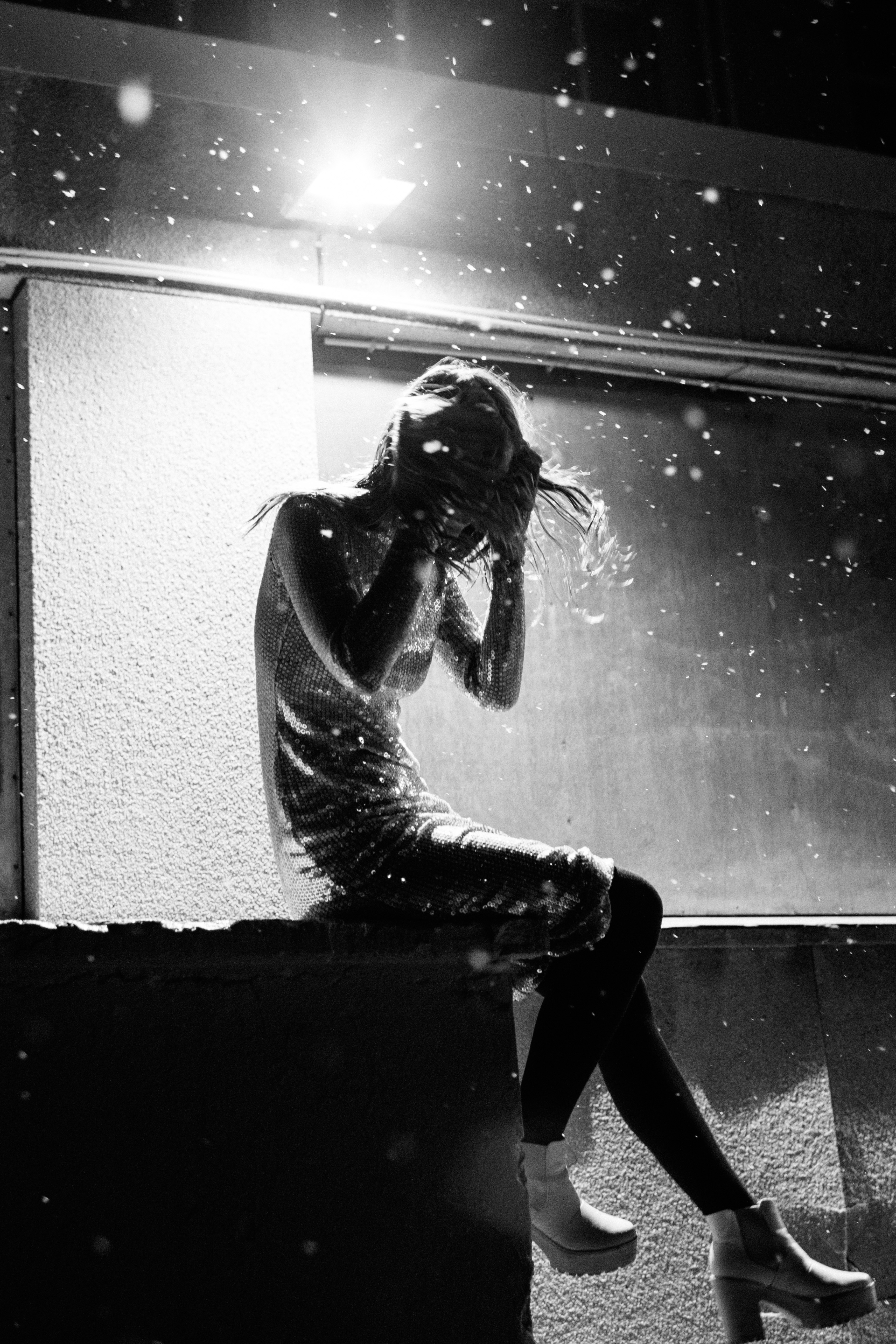
Few 23-year-olds can pride themselves on as cool a CV as Jófríður Ákadóttir’s. Since the age of 14, this Icelandic singer-songwriter has released records with the bands Samaris, Gangly and Pascal Pinon. She runs her own label, White Sun Recording, and ended up on multiple Best of 2017-lists under her alias JFDR. Oh, and she happens to have a devoted fan in a certain Björk, who professed in an interview that she has long been obsessed with Jófríður’s music.
In 2017, JFDR released the album Brazil. Jófríður’s half-whispering, dramatic vibrato voice sometimes brings to mind electropop singer Glasser. Now and then, her breathing becomes a rhythm instrument. At moments, it comes across as an acoustic cousin to The Knife. Guitar, piano and double bass create a frozen landscape, where soft a synthesizer makes an occasional appearance. Most instruments on the album are played by Shahzad Ismaily, known from collaborations with Laurie Anderson, Lou Reed, and Jolie Holland.
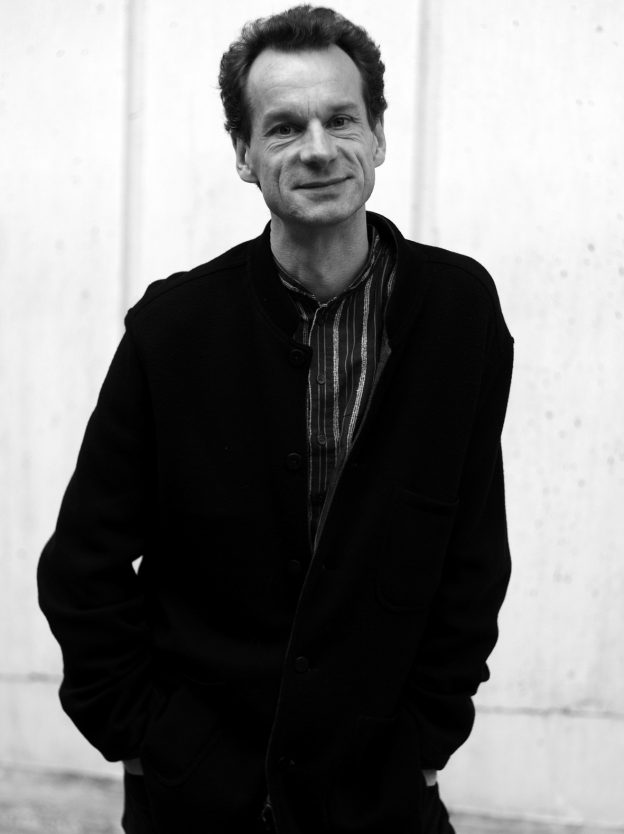
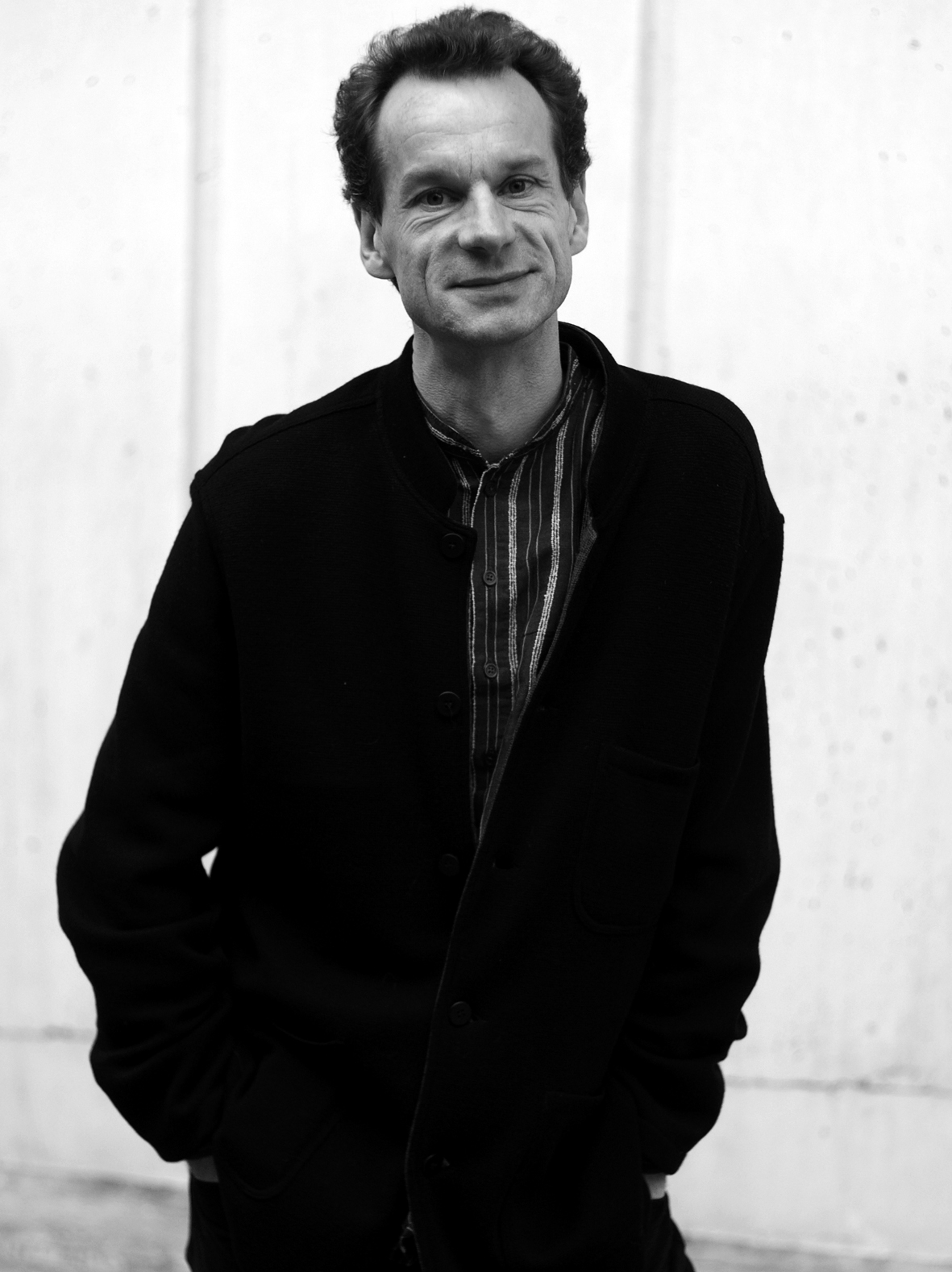
CLANDESTINO INSTITUT | NOVEMBER 1 | 18.00
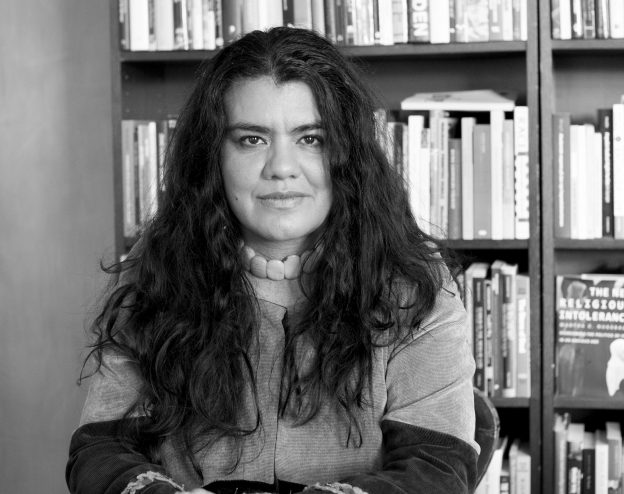
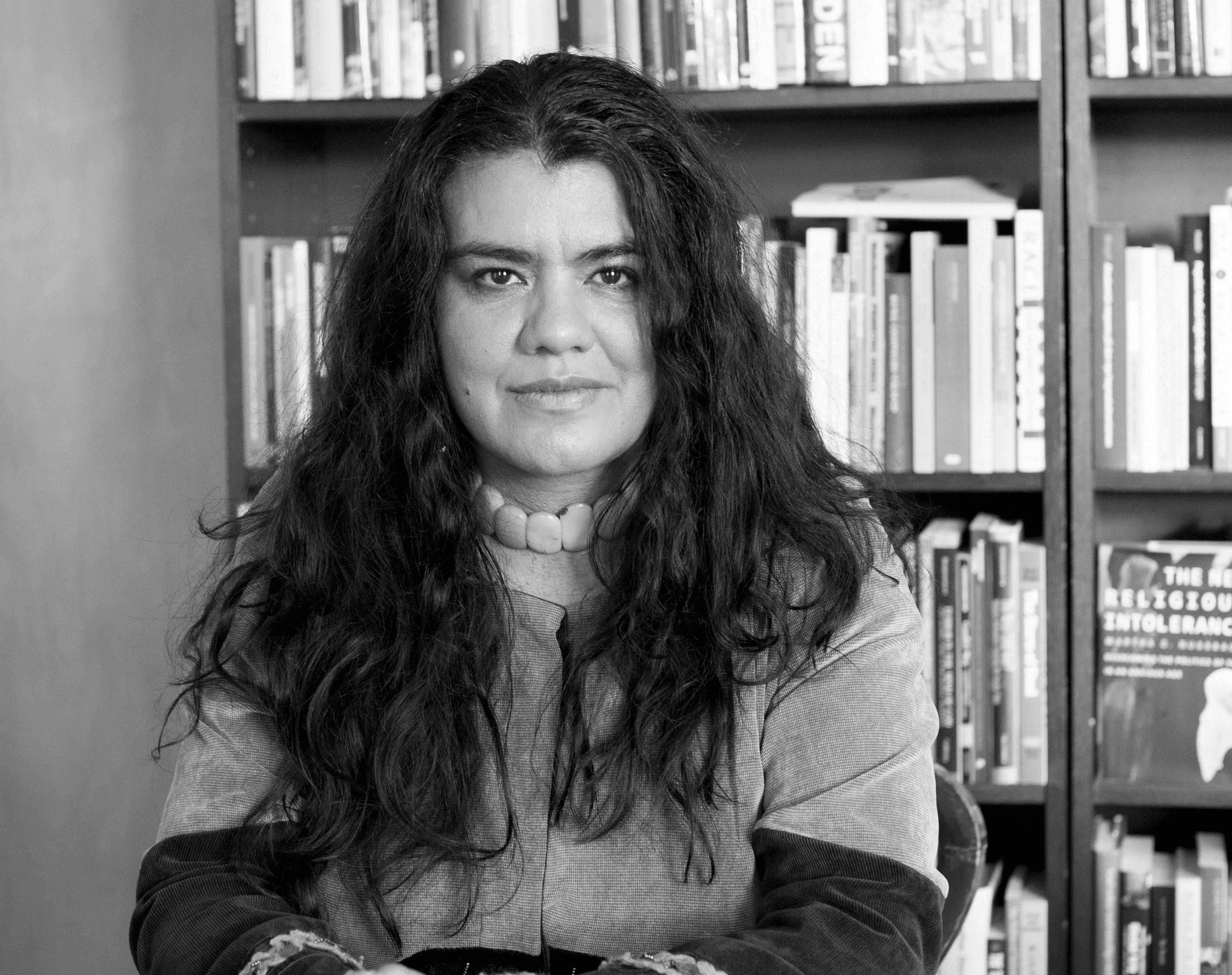
CLANDESTINO INSTITUT | SEPTEMBER 2 | 18.00
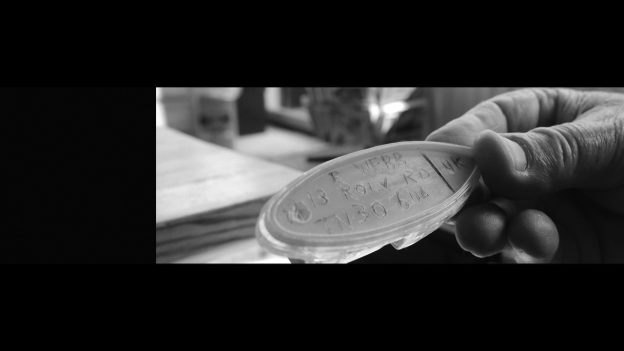
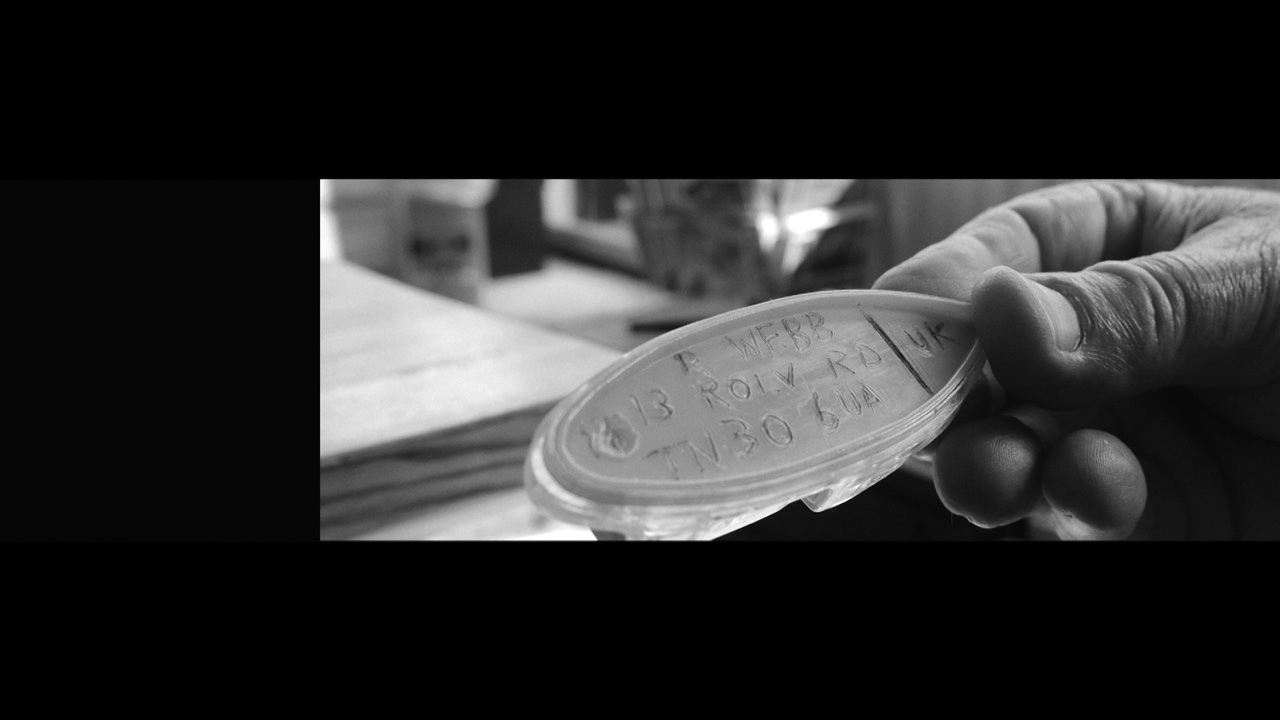
New York-born, Stockholm-based, artist Ellie Ga brings us her film Strophe, a Turning (2017), which initially developed from her fascination with drifting objects and how they can be used to chart sea movement. But her own willingness to drift and follow uncertain turns carries her unexpectedly to the Greek islands of Symi and Lesvos, during the summer of 2015. Ga decides to join a team of volunteers aiding asylum seekers and refugees—a definitive turning point at which she is forced to wrestle not only with the poetics of accidental drift and the new discoveries it beckons, but with urgent political and humanitarian realities. A nuanced and complex history of endurance, faith, and indeed, chance.
The screening is followed by a conversation with Mara Lee.
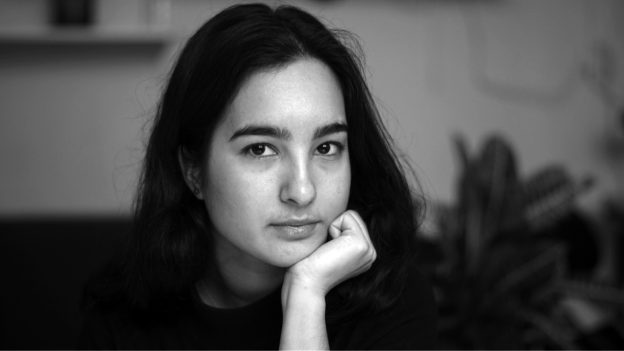
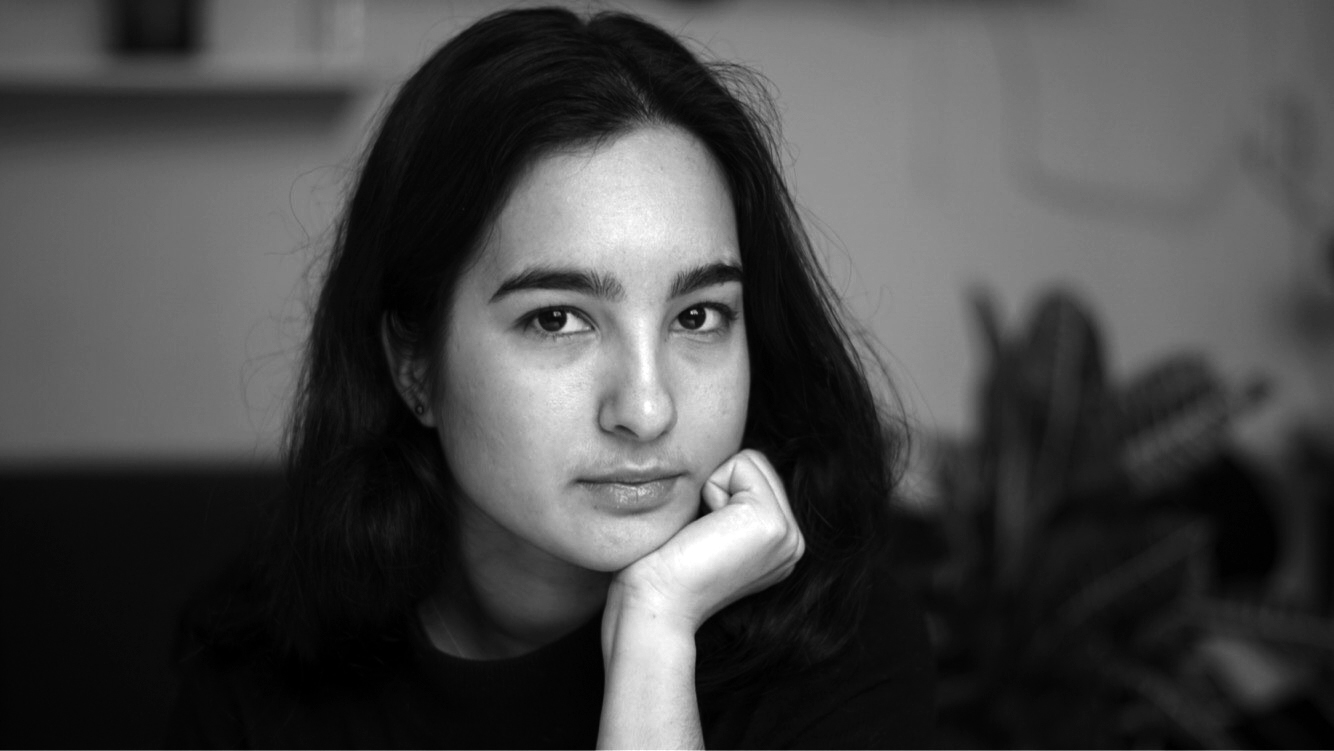
VÄRLDSKULTURMUSEET | JUNE 9 | 11.00
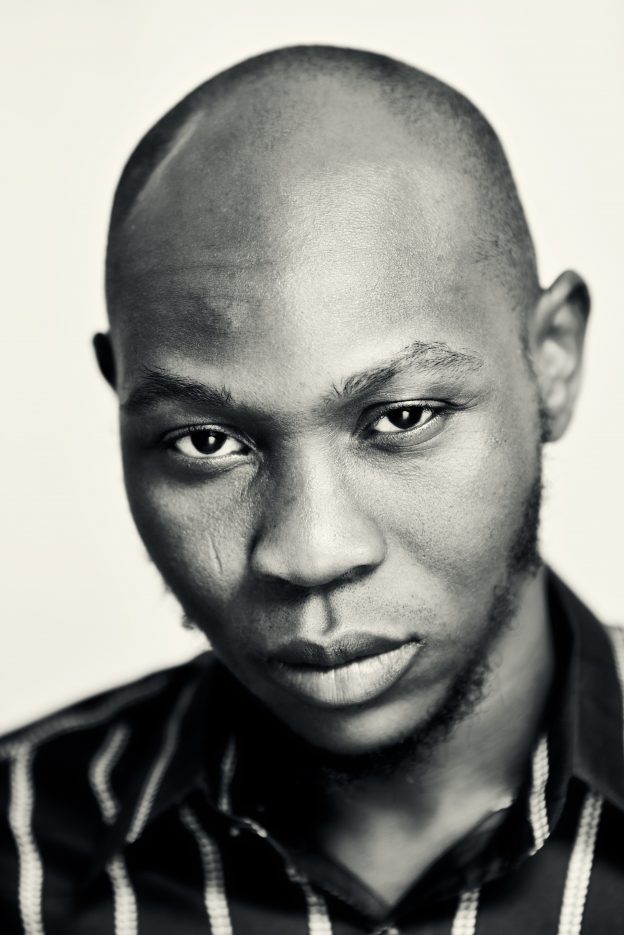
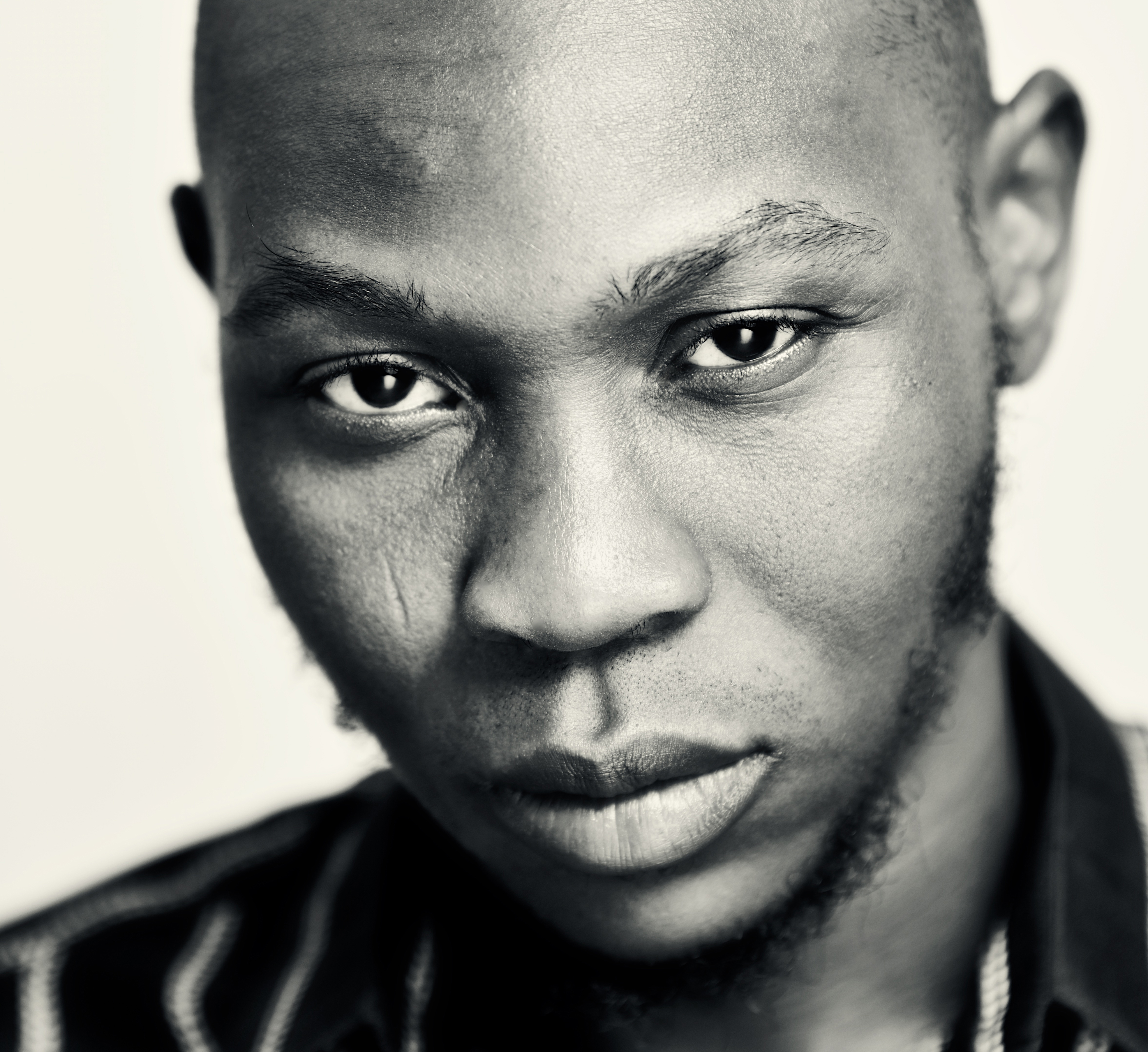
FOLKTEATERN | JUNE 8 | 18.00